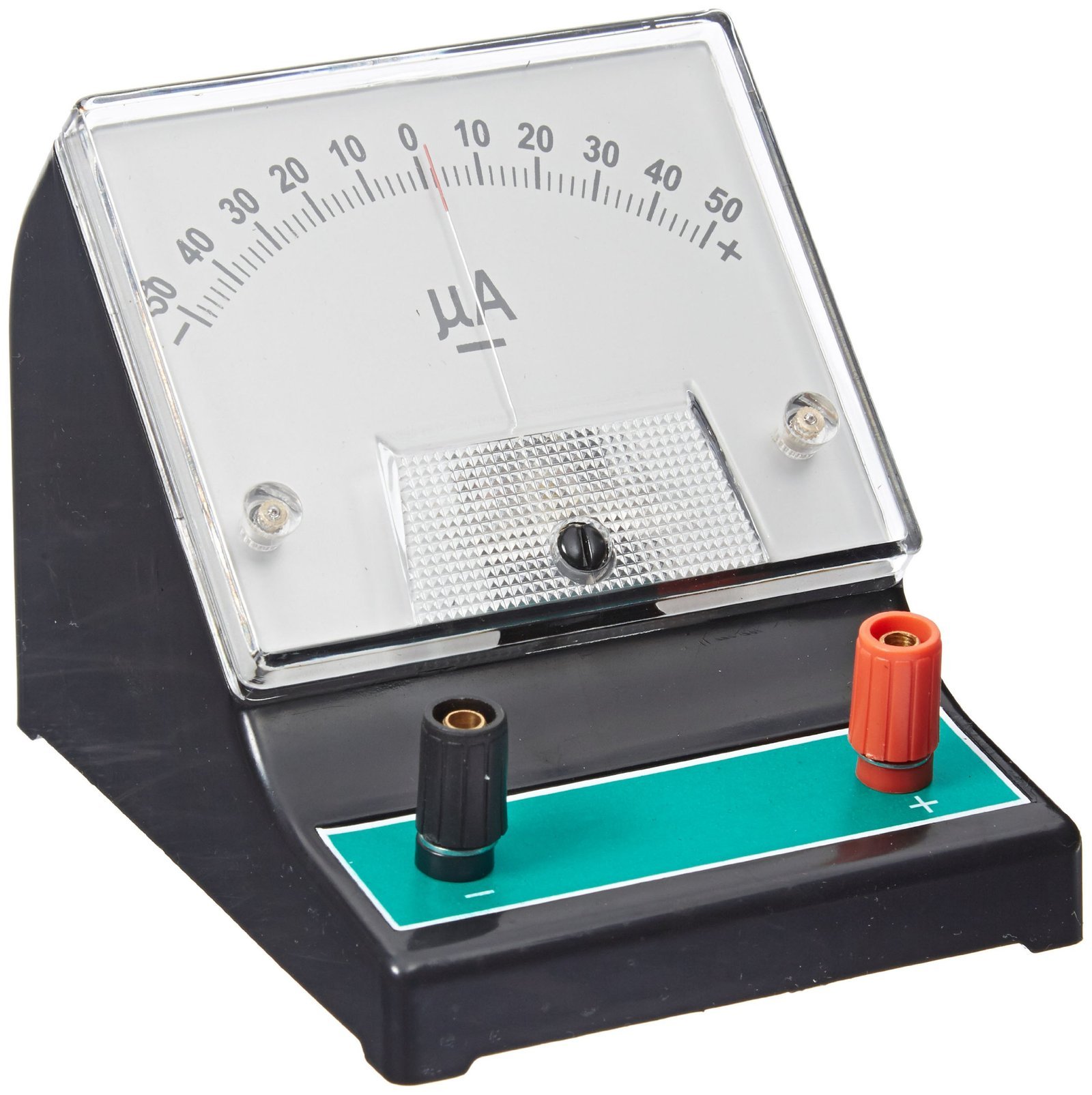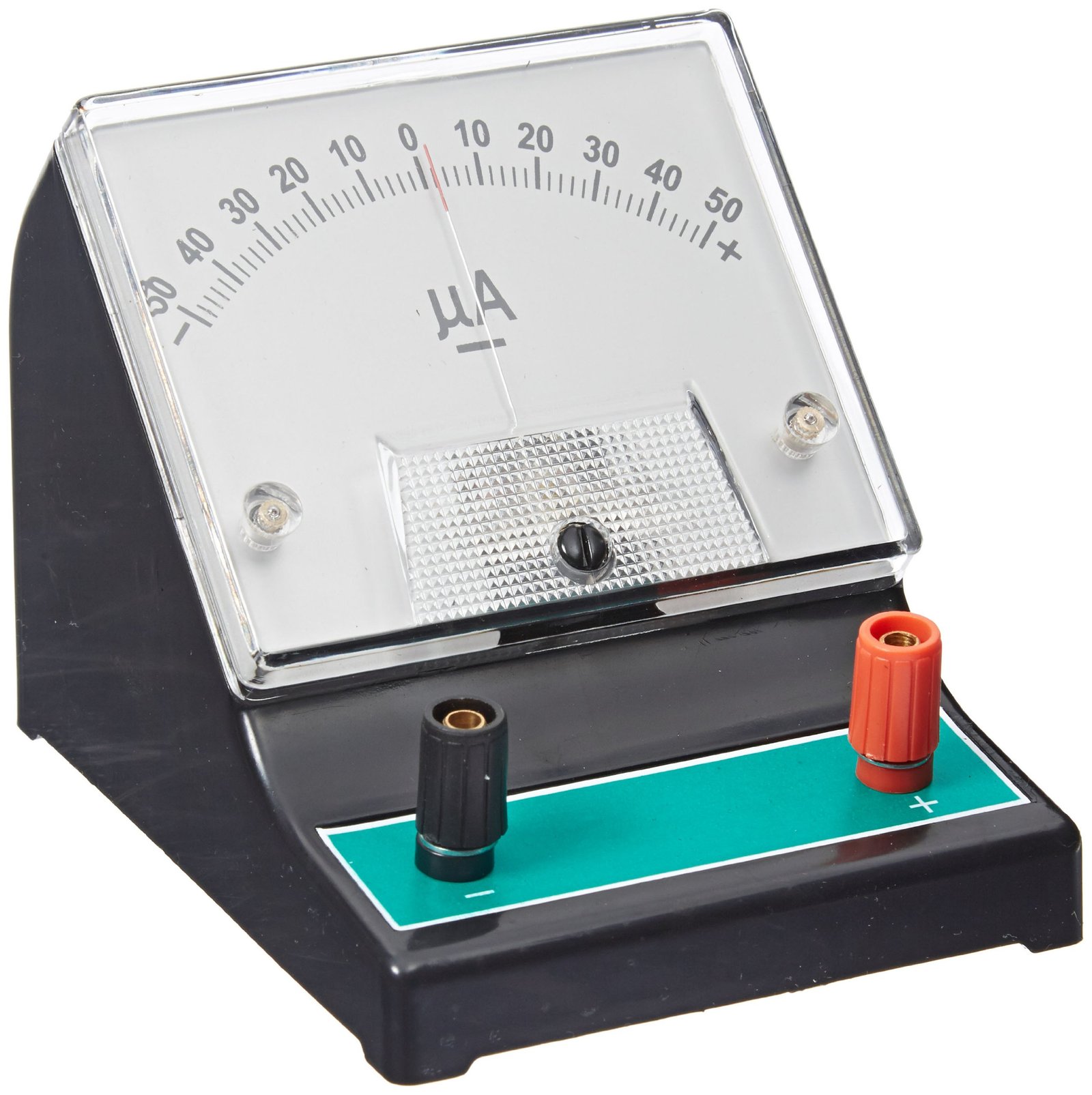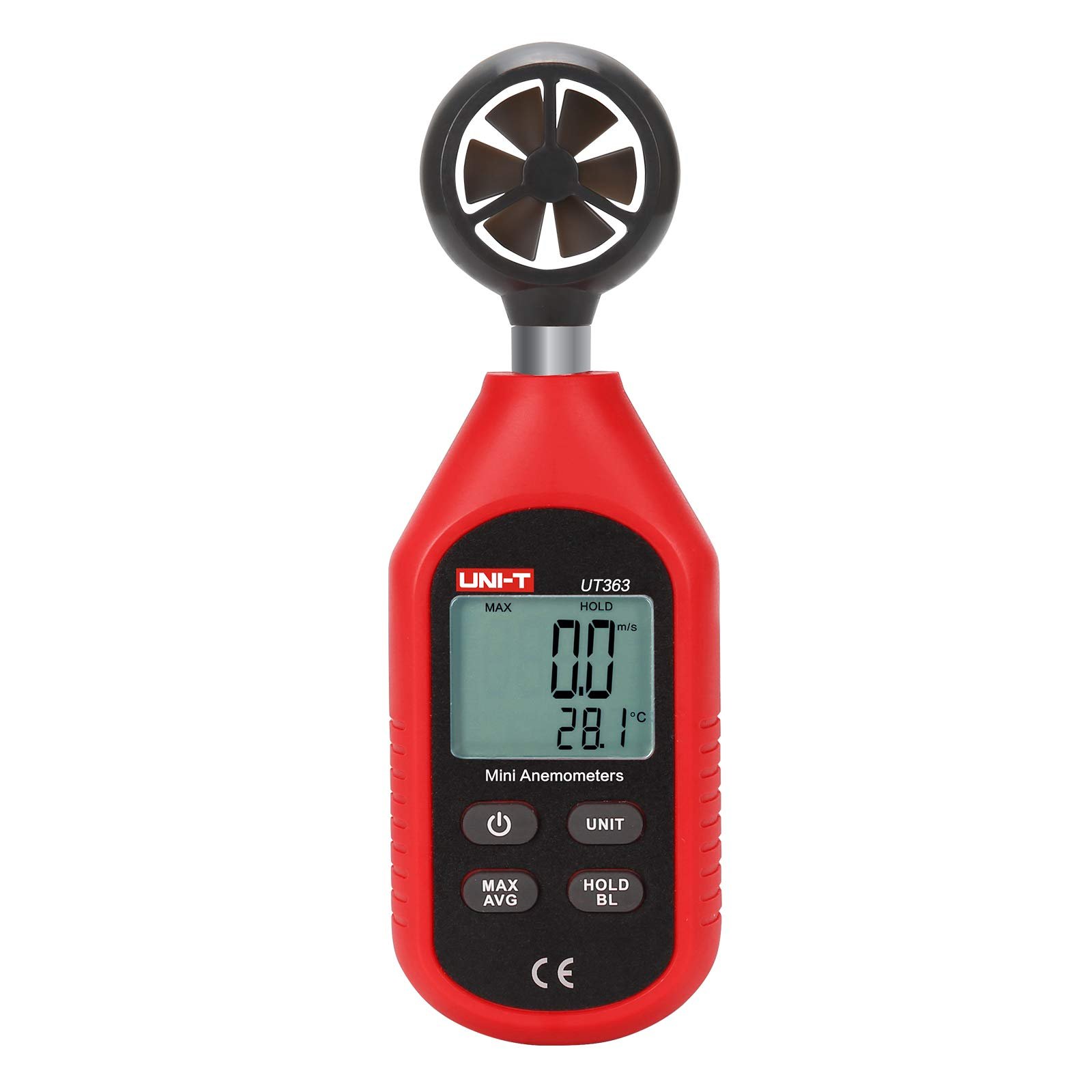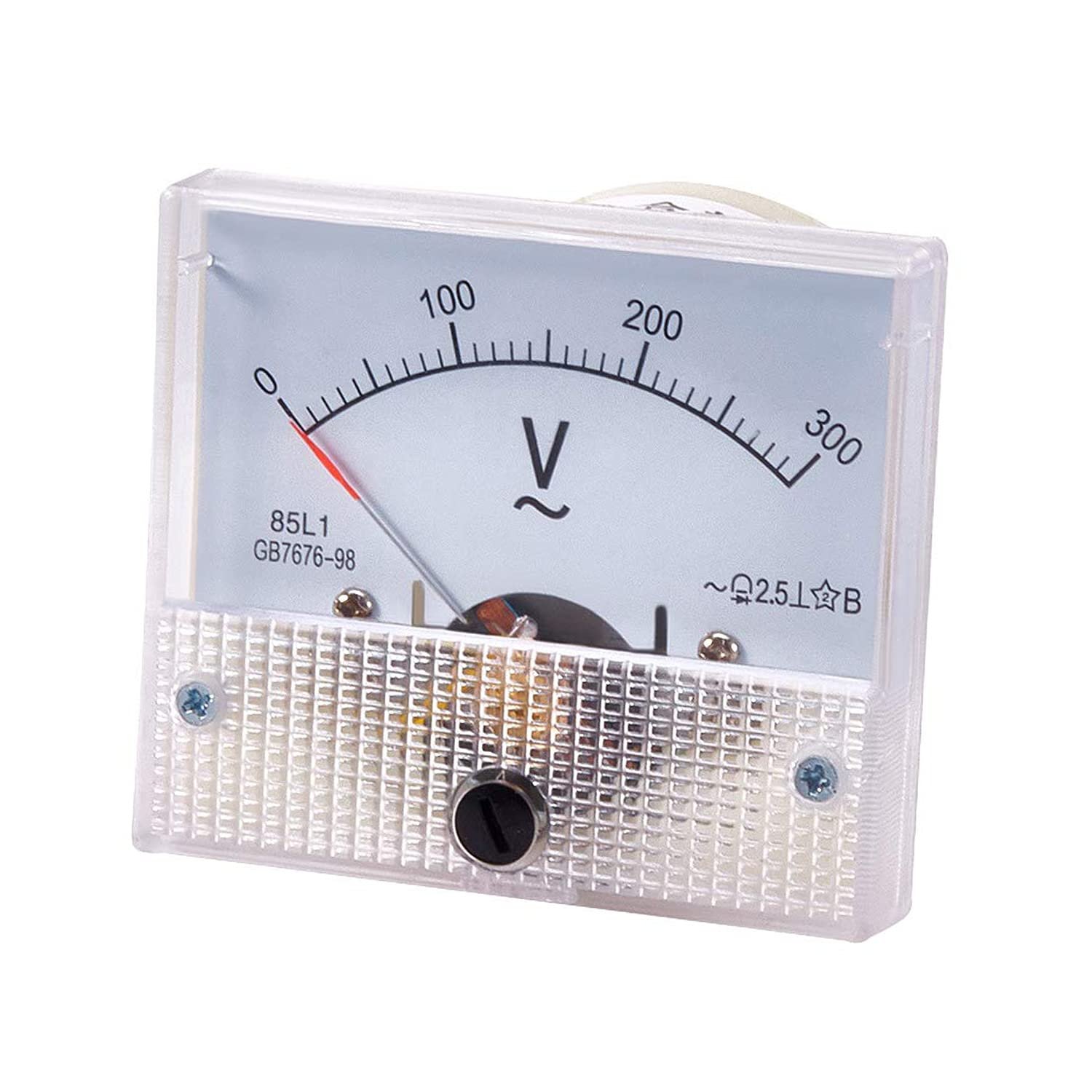Galvanometers play a crucial role in scientific measurement and electrical engineering. These precision instruments detect and measure small electric currents, making them invaluable in various applications. From classroom demonstrations to advanced laboratory research, galvanometers provide accurate readings that help us understand electrical phenomena.
Choosing the right galvanometer can significantly impact your experiments and measurements. Modern galvanometers come in different types, including analog and digital models, each with its own set of features. Digital versions often offer greater precision and ease of use, while analog models provide a classic, hands-on experience that many scientists and educators prefer.
When selecting a galvanometer, consider factors like sensitivity, accuracy, and durability. The sensitivity determines the smallest current the device can detect, while accuracy ensures reliable results. Durability is essential for long-term use, especially in educational settings where equipment might face frequent handling. Your choice will depend on your specific needs, whether you’re conducting delicate research or teaching basic electrical concepts.
Best Galvanometers
Looking to measure electrical current with precision? You’ve come to the right place. We’ve compiled a list of top-notch galvanometers that will help you conduct accurate experiments and measurements in your lab or classroom.
United Scientific DC Galvanometer
You’ll find this galvanometer a solid choice for basic electrical measurements in your lab or workshop.
- Decent accuracy at +/- 2.5%
- Convenient 5-way binding post
- Stackable design for easy storage
- Plastic case may feel less durable
- Limited overload protection
- Scale length might be small for some users
This DC galvanometer from United Scientific offers a practical solution for measuring small electrical currents. With a range of +/-50-0-50µA, it’s suitable for various scientific experiments and electrical projects you might tackle.
The meter’s 75mm scale length provides a readable display for your measurements. You’ll appreciate the external calibrating screw, which allows you to fine-tune the device as needed. The 5-way binding post ensures secure connections to your circuits.
While the black plastic case might not feel as robust as metal alternatives, it keeps the unit lightweight and affordable. The stackable design is a nice touch, saving you space when storing multiple meters. Just keep in mind that this galvanometer lacks protection against prolonged overloads, so you’ll need to be careful not to exceed its limits.
GSC Analog Galvanometer
You’ll find this galvanometer an excellent choice for hands-on electrical current measurements in your science classroom or lab.
- Enclosed scale for instrument protection
- Color-coded binding posts for easy connections
- External zero adjustment for accurate readings
- Limited measuring range of -35mV to 35mV
- May require additional equipment for some experiments
- Relatively small 7.5cm scale length
This GSC International analog galvanometer is designed with education in mind. Its 7.5cm scale offers a good balance between readability and compact size, making it suitable for student use. You’ll appreciate the +/- 2.5% accuracy, which is sufficient for most educational demonstrations and experiments.
The enclosed scale is a thoughtful feature that helps protect the instrument from accidental damage during use. This is particularly valuable in a classroom setting where multiple students might be handling the device. The color-coded binding posts are another user-friendly addition, helping you make correct connections quickly and easily.
One of the standout features is the external zero adjustment. This allows you to ensure accurate measurements without opening up the device, saving time and reducing the risk of internal damage. While the -35mV to 35mV range might seem limited, it’s well-suited for many basic electrical experiments you’ll likely conduct in an educational setting.
UNI-T Handheld Wind Meter
This versatile anemometer offers impressive functionality for its compact size and affordable price point.
- Measures wind speed and temperature
- Backlit LCD display for easy reading
- Multiple units of measurement
- Doesn’t retain settings between uses
- Limited temperature range
- May not be suitable for professional applications
The UNI-T UT363 packs a lot of features into a small package. You’ll appreciate its ability to measure wind speeds up to 30 m/s with 0.1 m/s resolution. It also doubles as a thermometer, measuring temperatures from -10°C to 50°C.
One standout feature is the backlit LCD display, which makes it easy to read measurements in various lighting conditions. You can switch between five different units for wind speed, including m/s, km/h, and mph. The device also provides Beaufort scale readings from 0 to 12.
While it’s great for hobbyists and casual users, some limitations exist. The anemometer doesn’t save your preferred settings, so you’ll need to reconfigure it each time you power it on. Its temperature range might not be sufficient for extreme environments. If you need a professional-grade tool, you may want to consider more advanced options.
Heyiarbeit AC Volt Meter
This analog panel voltage gauge offers a straightforward solution for monitoring AC voltage in various electronic applications.
- Clear, easy-to-read scale
- Wide measuring range of 0-300V
- Compact size for versatile installation
- Limited to AC voltage measurements
- Requires manual fine-tuning
- May not be suitable for high-precision needs
The Heyiarbeit AC 0-300V Analog Panel Voltage Gauge is designed with simplicity in mind. You’ll appreciate its user-friendly interface, featuring a large, uncluttered dial that allows for quick voltage readings at a glance. This makes it an excellent choice for hobbyists and professionals alike who need to keep tabs on their electrical systems.
Measuring just 64 x 56 x 60mm, this compact meter can fit into tight spaces without sacrificing readability. You’ll find it particularly useful for monitoring voltage in automotive circuits, electronic projects, or other applications where space is at a premium. The device’s 2.5 accuracy class provides reliable measurements for most general-purpose needs.
One of the standout features of this volt meter is its fine-tuning button. This allows you to calibrate the device for more precise readings, which can be crucial when working on sensitive electronic equipment. While it may not replace high-end digital multimeters for extremely accurate measurements, it serves as a dependable tool for quick voltage checks and continuous monitoring in various setups.
Heyiarbeit Analog Voltmeter
This reliable analog voltmeter offers accurate measurements and easy readability, making it a solid choice for your electronic projects.
- Clear, easy-to-read scale
- Fine-tuning button for precise adjustments
- Suitable for various voltage measurement applications
- Limited to AC voltage measurements
- Requires manual reading of analog display
- May need careful sizing for installation
The Heyiarbeit 91L4 AC Analog Panel Voltage Gauge brings a touch of classic instrumentation to your workbench or project. With its measuring range of 0-300V AC and 2.5% accuracy class, you’ll get dependable readings for your electrical endeavors.
You’ll appreciate the straightforward design of this voltmeter. Its clear scale makes quick work of voltage checks, while the fine-tuning button lets you dial in precise measurements. This feature comes in handy when you need to calibrate the meter or ensure you’re getting the most accurate reading possible.
Versatility is a key strength of this analog meter. You can use it for various electronic applications, from monitoring power supplies to checking circuits in your latest DIY project. The needle display gives you a visual representation of voltage changes, which can be more intuitive than digital readouts in some situations.
Buying Guide
When shopping for a galvanometer, consider these key factors:
Sensitivity
Look for a device with high sensitivity to detect even small electrical currents. This is crucial for precise measurements in scientific experiments.
Accuracy
Choose a galvanometer with excellent accuracy to ensure reliable results. Check the manufacturer’s specifications for error margins.
Range
Select a model with a suitable measurement range for your needs. Some galvanometers offer adjustable ranges, providing more flexibility.
Durability
Opt for a robust construction, especially if you’ll be using it frequently or in challenging environments. Sturdy materials and quality craftsmanship are worth the investment.
Ease of Use
User-friendly features can make a big difference in your work. Look for:
- Clear, easy-to-read displays
- Intuitive controls
- Quick setup options
Compatibility
Ensure the galvanometer is compatible with your other equipment and power sources. This will save you time and frustration in the long run.
Additional Features
Consider extra features that might enhance your work:
- Data logging capabilities
- Computer connectivity
- Portability for fieldwork
Focusing on these aspects will help you choose a galvanometer that meets your scientific needs and performs reliably in your experiments.






